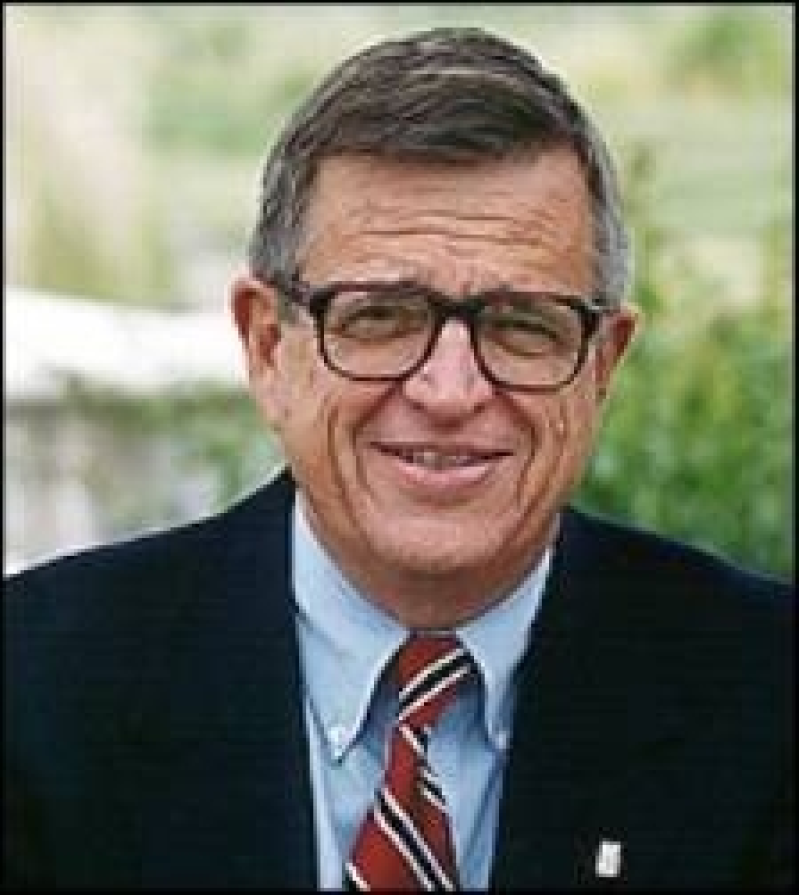
This December, world leaders will gather in Copenhagen for the United Nations Climate Change Conference. There they-and we-will be told that if they don’t take “decisive” or “bold” measures, catastrophes of biblical proportions await humanity.
Happily, this is not the only take on the subject coming out of Copenhagen these days.
Bjorn Lomborg, a former supporter of Greenpeace, believes that “panic is neither warranted nor a constructive place from which to deal with any of humanity’s problems, not just global warming.”
Lomborg knows what he is talking about, which is a lot more than you can say for many of the doomsayers. A decade ago, in his book The Skeptical Environmentalist, Lomborg and a team of researchers examined what he called the “litany” of environmental woes cited by environmentalists.
They found that in every case, the “problem,” as measured statistically, was either exaggerated or actually improving. Lomborg concluded that many of the world’s environmental problems were local, not global, in nature and largely a function of poverty. Thus, the key to solving many of these problems was economic development, not restrictions on that development.
This conclusion made Lomborg a target of some environmentalists. Their worldview depicts the relationship between man and the environment as a “zero sum” game in which human flourishing comes at the expense of the rest of nature.
In a recent Washington Post op-ed, Lomborg noted that it will require extraordinary effort for advanced nations like, for instance, Japan, to meet their already-existing promises to reduce CO2 emissions. The kind of reductions being bandied about in the run-up to the Copenhagen conference are, in Lomborg’s estimation, the stuff of fantasy.
If the only result of these fantasies were broken promises and some recriminations, it wouldn't matter. But, if some politicians have their way, the consequences will be far worse, and they will be disproportionately visited on the poor.
There is already talk of “green fences”-that is, trade barriers erected against countries that refuse to toe the line on global warming. What Lomborg calls “an all-out trade war...waged in the name of climate change” would be directed against developing nations.
These nations place a higher priority on raising the living standards of their people, many of whom live on $2 a day or less, than calming the frayed nerves of Western environmentalists. Leaders of countries where reliable electrical power, and the benefits that flow from it, is a dream for many people, don’t appreciate being told they must forego coal-fired power plants.
So some Western leaders are prepared to force their compliance. If Third World nations choose the power generation that “has helped to lift hundreds of millions of people out of poverty” in this last century, then they can count on being punished economically. Some choice.
Ironically, as Lomborg points out, this “green protectionism” will also hurt its practitioners-the economic losses from these efforts will far exceed any damage done by a changing climate.
You’d have to call it the “folly” of biblical proportions.
_______________________________________________________
From BreakPoint, October 8, 2009, Copyright 2009, Prison Fellowship Ministries. Reprinted with the permission of Prison Fellowship Ministries. All rights reserved. May not be reproduced or distributed without the express written permission of Prison Fellowship Ministries. “BreakPoint®” and “Prison Fellowship Ministries®” are registered trademarks of Prison Fellowship







